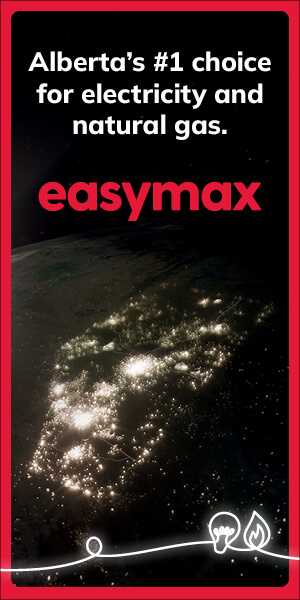At about this time in 2007 the economic environment here in Alberta was still running at a frantic pace. Unfortunately, it was also at a pace that was shortly going to come to a grinding halt, but not before thousands of people (myself included) purchased properties.
Also unfortunately, most of these properties were bought at or near the peak of their pricing and still haven’t completely recovered back to their original purchase price. For homeowners with plans of living in this same property for years this can be a bit of a letdown knowing that their property is currently worth less than its original price point.
In the big picture though, the mortgage continues to get paid down and with time on your side, values will again increase over time. Which brings me to the point of today’s column, many of the purchasers back in 2007 went with five year terms on their mortgages. That means the five year term will be coming due this year!
Now, I’m only speculating on this, but recently the banks have been making noise about mortgages not being profitable (or more accurately AS PROFITABLE), as they used to be and hence there is some pressure for interest rates to start moving up on mortgages. We have seen this starting to occur on unsecured lines of credit with many people reducing rate increases via email already this year.
It’s only a matter of time before it translates to mortgages. As a homeowner, and specifically a homeowner with a mortgage potentially coming due this year, you need to know your options. Due to that, I’ve compiled a couple of quick thoughts for you.
First and probably most important, if your mortgage is coming up for renewal, never ever let the mortgage auto renew. The bank will likely send you a letter letting you know if you don’t contact them, they can renew it automatically for you. The rates they typically mail out are usually posted rates and a bank’s posted rates can almost always be negotiated downwards.
Second, if your mortgage is up for renewal, you need to know how much equity is available in your property. If you have 20% or more equity in the property, you may have additional options when it comes to securing a mortgage. These options can save you thousands or even tens of thousands of dollars over the term of the mortgage.
With less than 20% equity, you may be locked into simply renewing with your current lender. If you decide to move the mortgage to another lender, you may incur all types of extra costs. These can range from more funds being required to be paid onto the mortgage to keep the funding ratio below 20% to having to go through CMHC and requiring insurance on the mortgage in order to fulfill high ratio lending requirements.
Although a high ratio mortgage may negate the need for a large lump sum payment to obtain the mortgage, the extra costs become added into the mortgage. They get you coming or going!
If you have more than 20% equity in the property and your credit is in good standing, suddenly your options explode. Now you wouldn’t be limited to your original lender and can talk to other lenders to determine potentially even better terms and rates.
Coincidentally, making your original lender aware that you know your options makes them much more conducive to discounting their own rates for you. Knowledge really can become a great bargaining chip for you.
So, if your mortgage is coming up this year, now is the time to start preparing and gathering some of that knowledge. Hopefully this is a first step to that education.
Can You Believe It’s Been Five Years?
In response to Canada's Online News Act and Meta (Facebook and Instagram) removing access to Canada's local news from their platforms, Anchor Media Inc encourages you to get your news directly from your trusted source by bookmarking this site and downloading the Rogue Radio App. Send your news tips, story ideas, pictures, and videos to info@anchormedia.ca.






